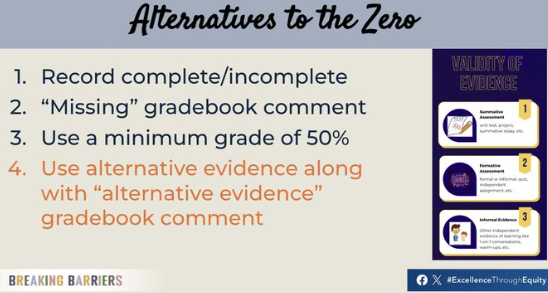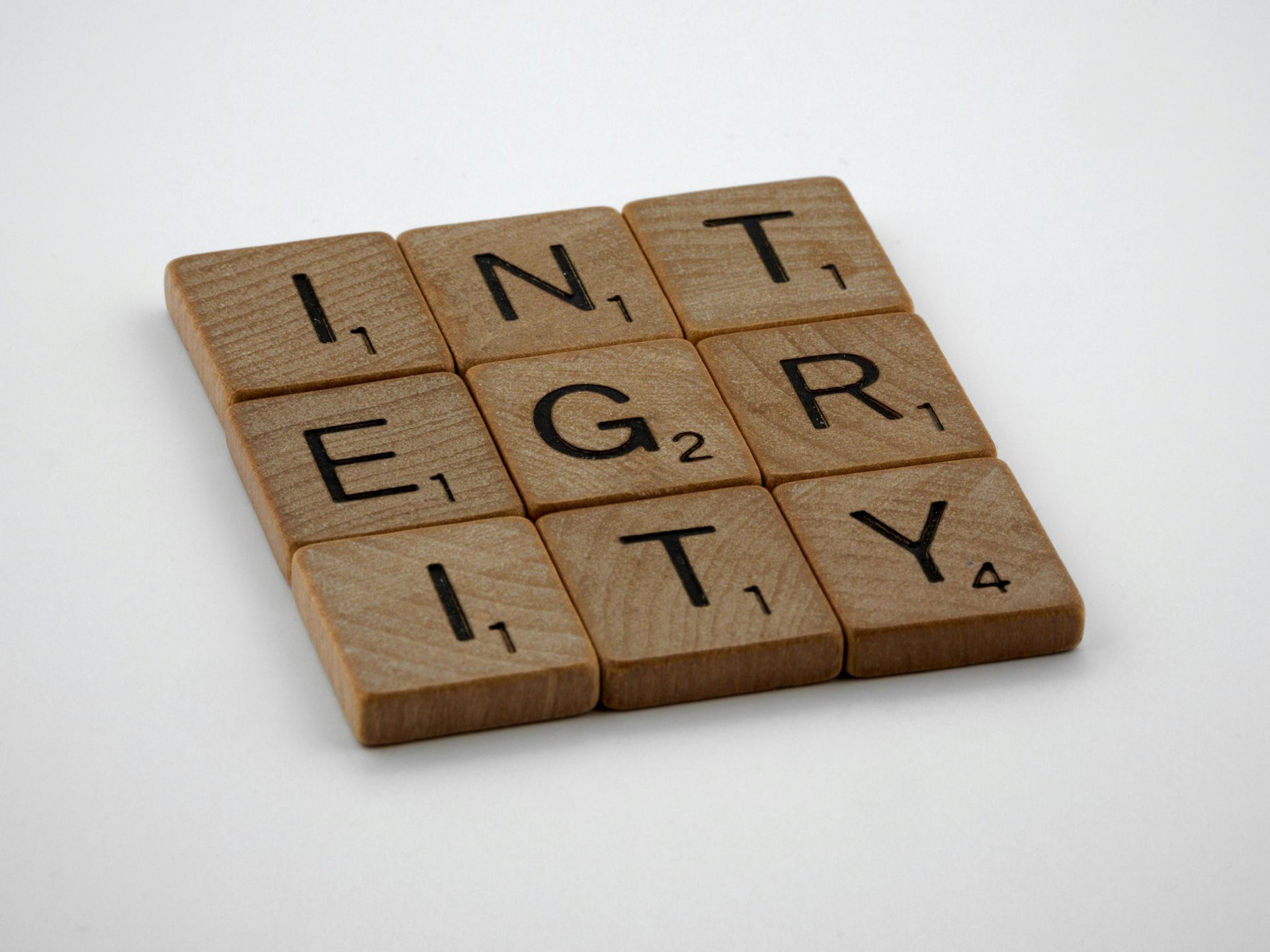The IB Educator's Green Thumb: Sowing Seeds of Equity
The IB Educator's Green Thumb: Sowing Seeds of Equity's first post is here! This blog was birthed out of growing passions I've had over the last few years I've spent in the field of education. Also as a self-proclaimed social introvert (I don't even know if that exists, but I digress!) it can be difficult to articulate my thoughts in open spaces oftentimes around more vocal or strong voices in the education world both in my place of work as well as in larger forums around my school district. This is an attempt to finally be heard, in a space all my own. There is freedom and joy in this space. I hope this resonates with all who are here taking this first step with me. With that being said, let's talk a little bit about my journey.
I've been an educator for 22 years now. I've taught English as a Second Language as well as Spanish at the pre-k through high school levels, in both public and private schools. And in that time, I have slowly seen the passion and zeal for learning be consumed from the constant pressures students face with maintaining stellar grades. I've also seen the various inequitable practices teachers employ in their grading practices. Until I started my own research I also participated in some of these inequitable grading practices myself like...GASP!...giving students 0% for not turning in an assignment, giving extra points for turning in a signed syllabus, giving extra credit, and deducting points for late work. Some may not have a problem with some of these practices or any of them.
When I began this quest for equitable grading practices it all started with an Action Research project. I leaned heavily on the work of assessment gurus in the field of education, such as Rick Wormeli, Thomas Guskey, Alfie Kohn, and more recently Starr Sackstein, Dr. Josh Kunnath, and Joe Feldman. Over the course of my research into grading practices I quickly found that talking to teachers about grading is a hot button topic and they can get very offended or feel personally attacked if I even mention things like giving a student a 0% for not turning in work is using the grade as punishment for what is a work habit issue and therefore you have now compromised their grade by deflating it sometimes to the point where students lose hope because the damage is unrecoverable. Teachers need to ask themselves a very basic question, and that is "What does a grade mean?" and then maybe we can start to have meaningful conversations that lead to less inequitable grading practices.
I've been out of college for a while now and I didn't go to college as an education major so I don't even have a frame of reference on what students are taught as far as how to assign grades. I do know that teachers tend to grade students the way they were graded which leads to a plethora of inequity in grading practices. Dr. Josh Kunnath recently wrote this post on "X" formerly known as Twitter, about how using zeros can lead to "inaccuracies, inequities, and excessive failures when used along w/averaging & the traditional percentage scale." The image below, "Alternatives to the Zero" is from Dr. Kunnath's post. Fair warning, if you share the contents of this image with your colleagues it may invoke intense conversations. I am here for it! Number 3 is a new concept for me. I never thought to add the comment "alternative evidence" in the gradebook comment section. I'd like to explore this more.
Also the image to the right, "Does going gradeless work?" from my blog post on an amazing community of educators site, "Grow Beyond Grades" may indeed invoke the same intense conversations. And again, I am here for it!
My goal with this blog is to sow seeds of equity in education and share my beginner gardening journey! I'm on year 2 of having a garden at home and I am obsessed! I can't wait to share about how I got into gardening and how much it has, along with running, transformed my life in very unique ways.


Until next time...
May the seeds we plant today, whether in our classrooms or our gardens, grow into a future rooted in equity, understanding, and care. Keep nurturing, keep learning, and keep sowing with compassion. Rhonda Higgins
Embracing a Growth Mindset in Education
Working with teachers who hold fixed mindsets about equitable grading can be a daunting challenge. However, embracing a growth mindset opens the door to transformative change. By fostering open dialogue and encouraging collaboration, we can shift perspectives and create an environment where equitable practices thrive. I believe that with patience and persistence, we can inspire educators to embrace innovative approaches that benefit all learners. Together, we can pave the way for a more inclusive and effective educational landscape. My hope is that you will continue to grow with me.
Rhonda Higgins
Founder and Program Director
Future Linguists, LLC
IB MYP Coordinator & Spanish Teacher






